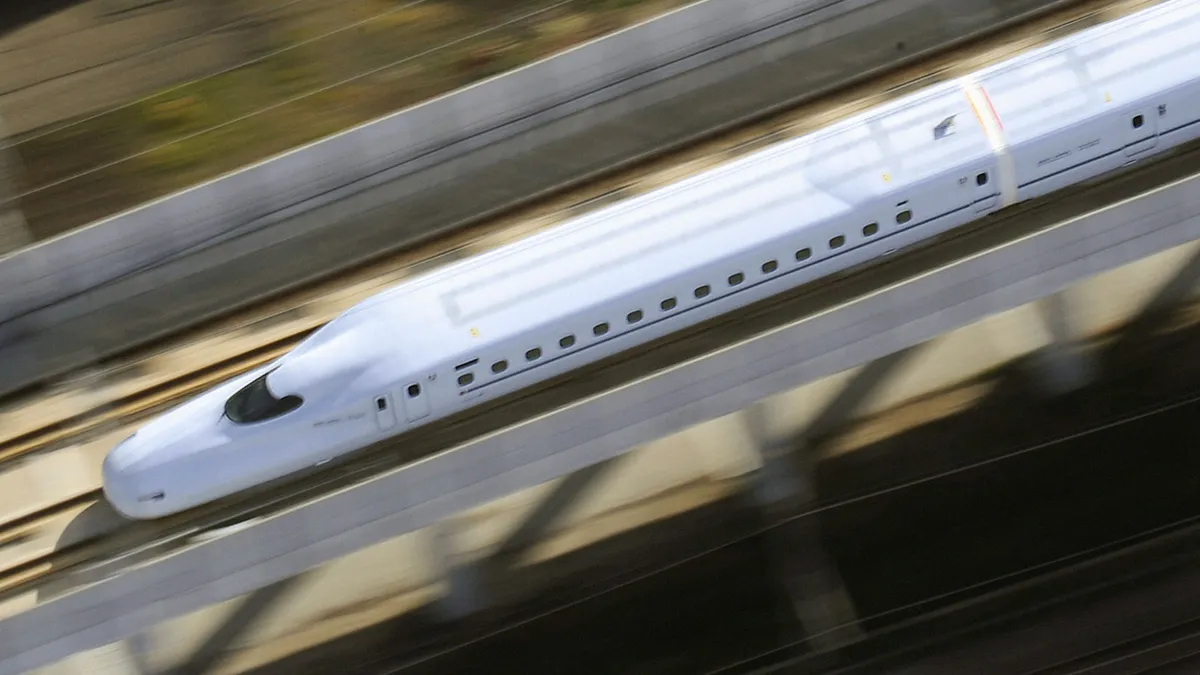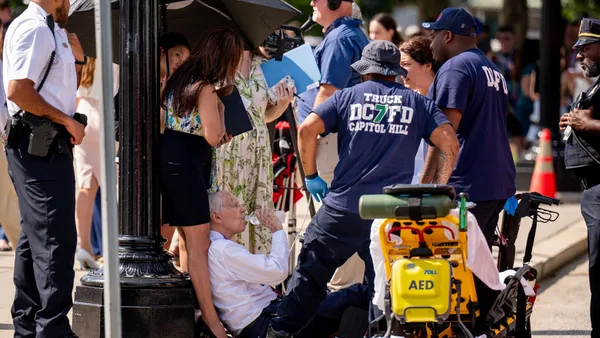Dive Brief:
- Microsoft and Intel will partner on a Houston accelerator program for smart cities technology, alongside startup hub Station Houston and manufacturing workspace TXRX Labs, reports the Houston Chronicle.
- The Ion Smart Cities Accelerator will offer six months of curriculum and another six months of pilot programs for technology ranging from internet of things (IoT) sensors to mobility infrastructure. The first group will host at least 10 companies; applications open June 1 and the program will kick off in August.
- The accelerator will open in the Station Houston building before relocating to the Ion, the former Sears building being redesigned as an innovation hub in Houston’s Midtown neighborhood.
Dive Insight:
Houston Mayor Sylvester Turner has made innovation, especially around smart cities technology, a centerpiece of his administration following the devastation of Hurricane Harvey. Touting the city as "Silicon Bayou," Turner has spearheaded a partnership with Rice University to build out an innovation district, with the Ion building as the physical center of that effort (the building had originally been offered to Amazon as part of the city’s HQ2 pitch). Station Houston has already launched an accelerator focused on the oil and gas sector with BBL Ventures, and last month Boston-based MassChallenge said it would expand its accelerator program to Houston.
The new accelerator is the latest outgrowth, and will help the city not just foster homegrown businesses, but attract national startups who can test their technology in the nation’s fourth-largest city. Turner said the relationship with Microsoft — which has pledged $5 billion globally on IoT technology — has been in the works for more than a year. It’s unclear how much Microsoft and Intel will invest in the Houston project.
The accelerator will also continue Turner’s efforts to bring together industry, academic and government partners to foster new development; in March he formed the Smart City Advisory Council and last year joined a network with 22 other cities to discuss smart cities solutions. In a speech at Rice University’s business school last week, Turner acknowledged that Houston had been behind the ball in being a startup hub, but said, "I don’t think there’s another city that can compete with the city of Houston when we all play together."










